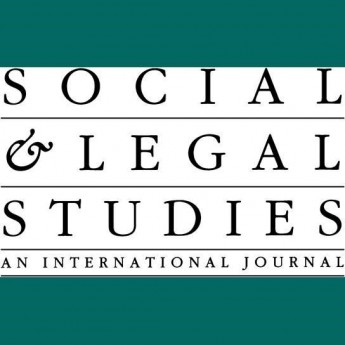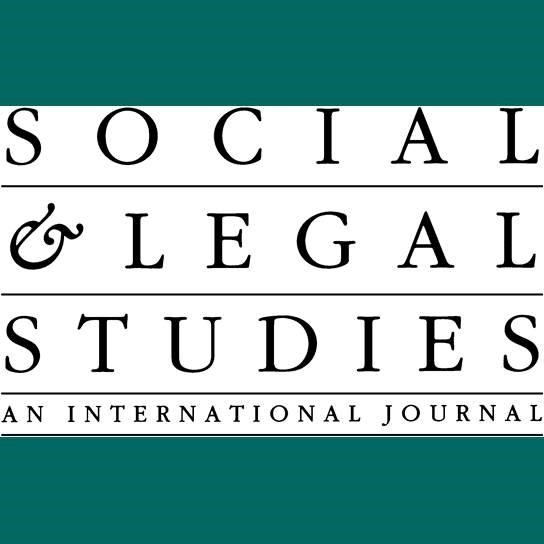Irem Tuncer-Ebetürk, WZB, Berlin Social Science Center.
Defne Över, Texas A&M University, Department of Sociology.
“My daughter insulted our president, and I find this unacceptable” reads a legal complaint letter by M.C. from January 2019. “It is my father who repeatedly insulted the president while raising his children with anti-government sentiments,” claimed his daughter as she retaliated with a counter-complaint. The same year, in another city in Turkey, H.S. filed a similar complaint against three people he played cards with at the neighborhood coffee shop. After having a verbal fight with them, H.S. headed to the police station and accused them of insulting the president. In yet another case, this time in a small village, the elected head of the village filed complaints against 18 different people for insulting the president and being members of terrorist organizations. These are examples from many court cases where citizens instrumentalized Article 299 of the Turkish Criminal Code to penalize adversaries in family, neighborhood, or community conflicts.
In some cases, the primary motivation behind the complaints are ideological: they want to punish people from their immediate social circles with different political and ideological convictions. In some others, however, the motivation is simply instrumental; they want the legal mechanisms to work for them most effectively and more quickly. As such, Article 299 can be a part of a divorce file where parties cannot agree on arrangements for their children’s custody. In one case, for instance, S.C., who had filed a new custody case against his ex-wife, was taken to the police station from his home following his ex-wife’s complaint claiming that he had insulted the president, and is a member of a terrorist organization.
Article 299 of the Turkish Criminal Code punishes insults to the president with up to four years in prison. Recognizing the president as a symbol of the state, Article 299 categorizes insulting the president as an offense against the state. It protects the president against insults to his duties but also his personality and personal relationships (Demir, 2017). When Tayyip Erdoğan became the president of Turkey in 2014, the country experienced a drastic jump in the number of complaints filed for insulting the president. In the first five years of his presidency, 128,872 people were interrogated on this ground.
In our Social & Legal Studies (S&LS) article, “Insult, Charisma, and Legitimacy: Turkey’s Transition to Personalist Rulea” (2022), we argued that this jump in the number of insult proceedings was a symptom of the personalist nature of Turkey’s recent authoritarian turn. As a strategy for the personalization of power, insult proceedings served two purposes: First, they coercively curbed dissent by ensuring loyalty from law enforcement and silencing the public. Second, they manufactured charisma for the president, granting the regime a new framework of legitimacy to draw on.
Our article in the S&LS argued that the state is the leading actor in manufacturing charisma. Others have shown that in charisma construction, non-state actors, such as devoted followers, unworthy challengers of a leader, or colossal political players such as opposition leaders also play a crucial role (Joosse 2014). However, M.C., his daughter, H.S., the village head’s, and the prospective divorcees’ complaints tell us that there is more to say about how charisma is constructed and who contributes to this process. These citizens know that law enforcement will act on their complaints to escape the consequences of inaction. They interpret law enforcement’s compulsion as an opportunity for solving their personal conflicts, and their complaints, while not politically motivated, bear a political consequence: producing charisma as a new framework of legitimacy.
Although in instrumentalizing Article 299, some citizens do not actively seek to endorse this new legitimacy framework; they contribute to its construction. This group, which can be described as the indifferent instrumentalizers, uses Article 299 to reach solutions quicker and implicitly reproduce the practice of legal mechanisms working more effectively to protect the president than the citizens.
A second group actively supports the newly created framework of legitimacy. This group, the loyal instrumentalizers. They use Article 299 based on their ideological convictions and reproduce the notion that those loyal to the president have the right to punish those opposing him. As we continue our exploration of charisma construction, we engage closely with these actors’ experiences to theorize the everyday relationships in which power is personalized.
Read more by these authors
Defne Över and Irem Tuncer-Ebetürk, ‘Insult, Charisma, and Legitimacy: Turkey’s Transition to Personalist Rule‘ (2022) 31(5) Social & Legal Studies 773-795
About the authors
Irem Tuncer-Ebetürk is a postdoctoral research fellow at WZB, Berlin Social Science Center.
Defne Över is an assistant professor at Texas A&M University, Department of Sociology.

